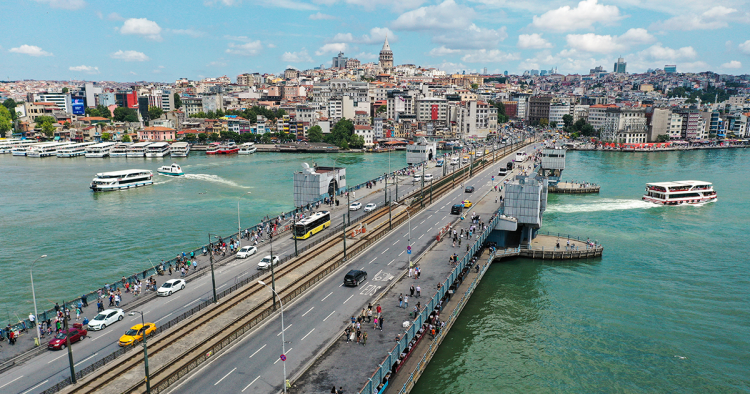During two days of meetings in May 2022, members of the Middle East Dialogue, convened by the Middle East Institute (MEI), met in Istanbul, Turkey to discuss pressing issues relating to: i) the effects of the war in Ukraine on the MENA region; ii) current and future projections regarding Gulf relations with Iran, amid the stalemate over a revival of the 2015 Joint Comprehensive Plan of Action (JCPOA) signed between Iran and the P5+1; iii) the future pathways and security framework for the MENA region; and iv) the Baghdad Declaration of Good Neighborhood Principles for the Middle East, first published in December 2017 as one outcome of this series of MEI-convened meetings. This meeting brought together policymakers, academics, and experts from across the MENA region, including the Gulf states, Egypt, Iran, Iraq, Jordan, Lebanon, and Turkey. This report provides an analytical understanding of the issues discussed and recommendations shared during the meeting.
The Middle East Dialogue is a process that began in 2012, following the Arab uprisings and the outbreak of war in Syria. Noting how the regional political landscape has been upended by the events of the last decade, the Dialogue was created to provide space for experts, officials (former and current), and emerging changemakers to convene and discuss priority areas related to security, political dynamics, and the changing regional order. Over the years, different Dialogue participants have convened to map out and better analyze the region, seeking solutions and recommendations on the evolving regional order and conflict de-escalation. The Middle East Dialogue now runs parallel to two separate Dialogues that convene stakeholders with material investment and involvement in the region, namely the United States, Russia, and Turkey, in separate spaces. These concurrent Dialogues seek to inform each other, provide ongoing learning and knowledge sharing, and feed into a holistic analytical understanding of the trajectory of the MENA region.
Photo by Muhammed Enes Yildirim/Anadolu Agency via Getty Images.
The Middle East Institute (MEI) is an independent, non-partisan, non-for-profit, educational organization. It does not engage in advocacy and its scholars’ opinions are their own. MEI welcomes financial donations, but retains sole editorial control over its work and its publications reflect only the authors’ views. For a listing of MEI donors, please click here.













